
RV Propane Troubleshooting
Problem: RV Propane Isn't Flowing
Possible Reason #1: Propane Valve is Off

Possible Reason #2: Excess Flow Valve Engaged

Propane Leak
Valve Opened too Quickly
Possible Reason #3: Propane Regulator Needs Resetting or Replacing
Orange or weak yellow flame on stovetop Popping sound when turning on/off burner Flames that float above burner ports Flames present at burner air intake

Possible Reason #4: No Power to Propane Detector

RV Propane Fridge Isn't Working
1. Propane levels are low
2. Refrigerator valve is closed
3. Reset button is pushed
4. Wiring short/damaged wire


Orange or weak yellow flame on stovetop Popping sound when turning on/off burner Flames that float above burner ports Flames present at burner air intake

*IMPORTANT* Turn off propane and clear lines. To clear the propane lines, make sure your propane valve is all the way off, then turn on a gas appliance, such as your stove, until the flame goes completely out. Find out the model number of your furnace so you can view its specific manual (typically online) and see the manufacturer's sequence of operations for how it should function. This will help you determine in which order the functions should happen when you turn on your heater. Take apart the heater so you can see inside.
1. Furnace blowing cold air
2. No spark or flame after sail switch activated
Electrode may be bad and need replacing The control board/module may be bad and need replacing Furnace valve isn't opening
3. Flame comes on, then turns off after a few seconds

Distinguish any open flames and make sure all appliances are OFF Shut the valve off at the source (tank) and get out Take the RV to a certified tech and have them run tests (usually a water column test) so they can fix the issue

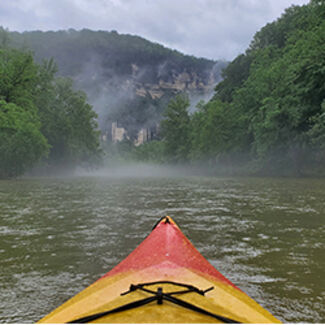
Ejm
3/18/2023
Good article and all good trouble shooting. But I think you missed one of the most simple and common ones to the no flow question. The 'whip' hose between the LP bottle and the regulator. These hoses are rubber and in most cases are asked to turn very tight bents. I have seen many of these collapse inside and block the flow of gas.

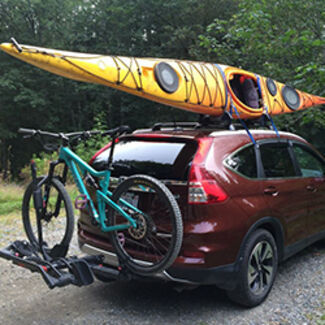

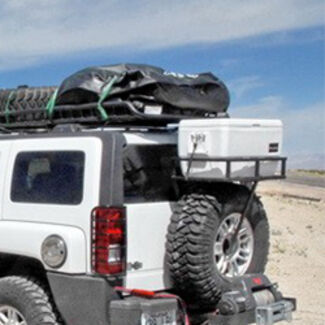
Jerry M.
3/17/2023
I have a 30lb propane bottle and regulator at the front of the trailer that supplies the indoor kitchen stove, furnace, water heater and outdoor kitchen without a problem. I use the outdoor kitchen gas stove cooktop by connecting to a propane supply line at the rear outdoor kitchen location with a quick connect fitting. The issue I have is trying to use the same outdoor kitchen propane connection to supply propane to my propane powered duel-fuel inverter/generator. The generator will not start when connected to the RV connection. The generator will start when connected directly to a separate propane bottle with a separate regulator. Is my problem pressure related??
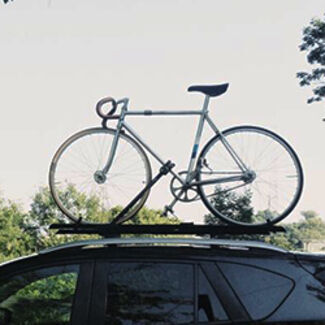



Tracie W.
11/21/2022
Refrigerator will work on propane with initial start up. Once it gets cool enough and “cycles” off, it will not restart. You have to push to start button on the fridge every time. What could cause this not to restart? We have replaced all of the propane parts at the back.



Departments
Towing
- Trailer Hitch
- Fifth Wheel
- Gooseneck
- Towing a Vehicle
- Front Hitch
- RV Hitch
- ATV Hitch
- HD Truck Hitch
- Vehicle Wiring
- Brake Controller
- Ball Mounts
- Weight Distribution
Sports and Recreation
Trailer Parts
- Utility Trailer
- Boat Trailer
- Landscape Trailer
- Enclosed Trailer
- 5th/Camper Trailer
- Car Hauler
- Horse Trailer
Vehicle
Contact & Help





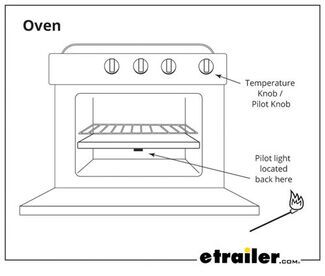




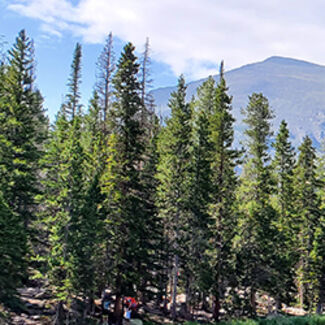
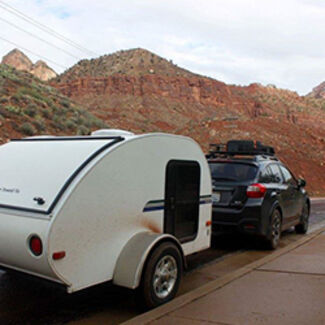















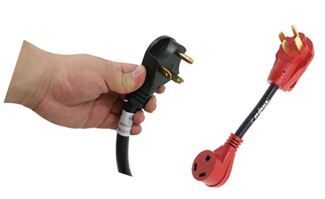

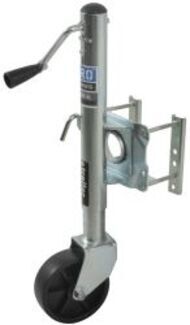

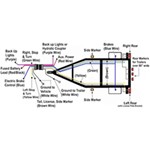
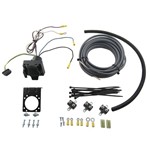
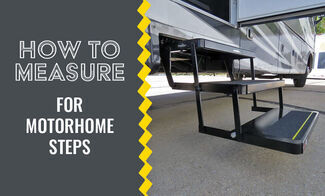
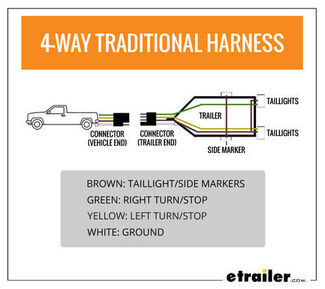

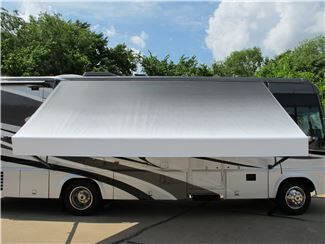
Jane
8/24/2024
An inspection detected a leak in our propane tank. A testing confirmed a leak in the valve stem. The parts are only $50 but they’re charging $1500 for labor (tank is partially full). I know they have to remove gas, replace valve and refill tank but I think this is overkill on pricing. I don’t know what these things average but feel we’re being taken advantage of.